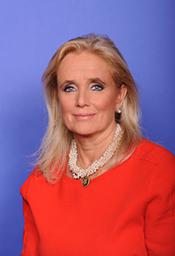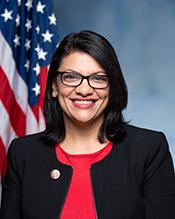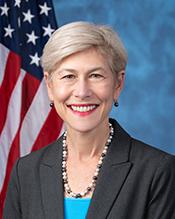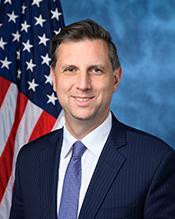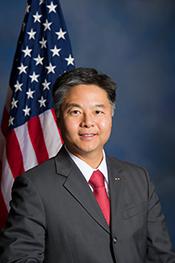0
HCBS Access Act
12/15/2023, 3:55 PM
Summary of Bill HR 1493
The HCBS Access Act seeks to address the growing demand for HCBS by increasing funding for these services and expanding eligibility criteria. The bill also aims to improve the quality of HCBS by implementing new standards and regulations for providers. Additionally, the legislation includes provisions to enhance workforce training and development in the HCBS field.
One of the key components of the HCBS Access Act is the establishment of a national HCBS program that would provide funding and support for states to expand their HCBS offerings. This program would prioritize services that allow individuals to remain in their homes and communities, rather than being placed in institutional settings. Overall, the HCBS Access Act is designed to promote independence, choice, and community integration for individuals with disabilities and older adults. The bill has garnered bipartisan support in Congress and is seen as a crucial step towards improving access to essential services for vulnerable populations.
Congressional Summary of HR 1493
HCBS Access Act
This bill expands coverage of home- and community-based services (HCBS) under Medicaid. It also establishes programs and requirements to support providers who furnish HCBS.
Specifically, the bill requires state Medicaid programs to cover HCBS for individuals who (1) are determined to have a functional impairment that affects daily living and that is expected to last at least 90 days, (2) during the five-year period after the bill is enacted, are already receiving HCBS through Medicaid under a demonstration waiver or other state option, or (3) are under the age of 21 and are otherwise eligible. Covered services include home health care services, private nursing services, homemaking assistance, non-emergency and non-medical transportation, and caregiver support.
The bill also requires the Office of Management and Budget to revise the Standard Occupational Classification system so that the occupation of direct support professional (i.e., a professional who provides services for individuals with disabilities) is classified under a separate code as a healthcare support occupation. Additionally, the Administration for Community Living must establish a technical assistance center and award grants to government, nonprofit, educational entities, and relevant employers to support training, recruitment, and retention of direct support professionals.
The Centers for Medicare & Medicaid Services must study the effects of the bill's implementation on HCBS beneficiaries and the direct care workforce.
